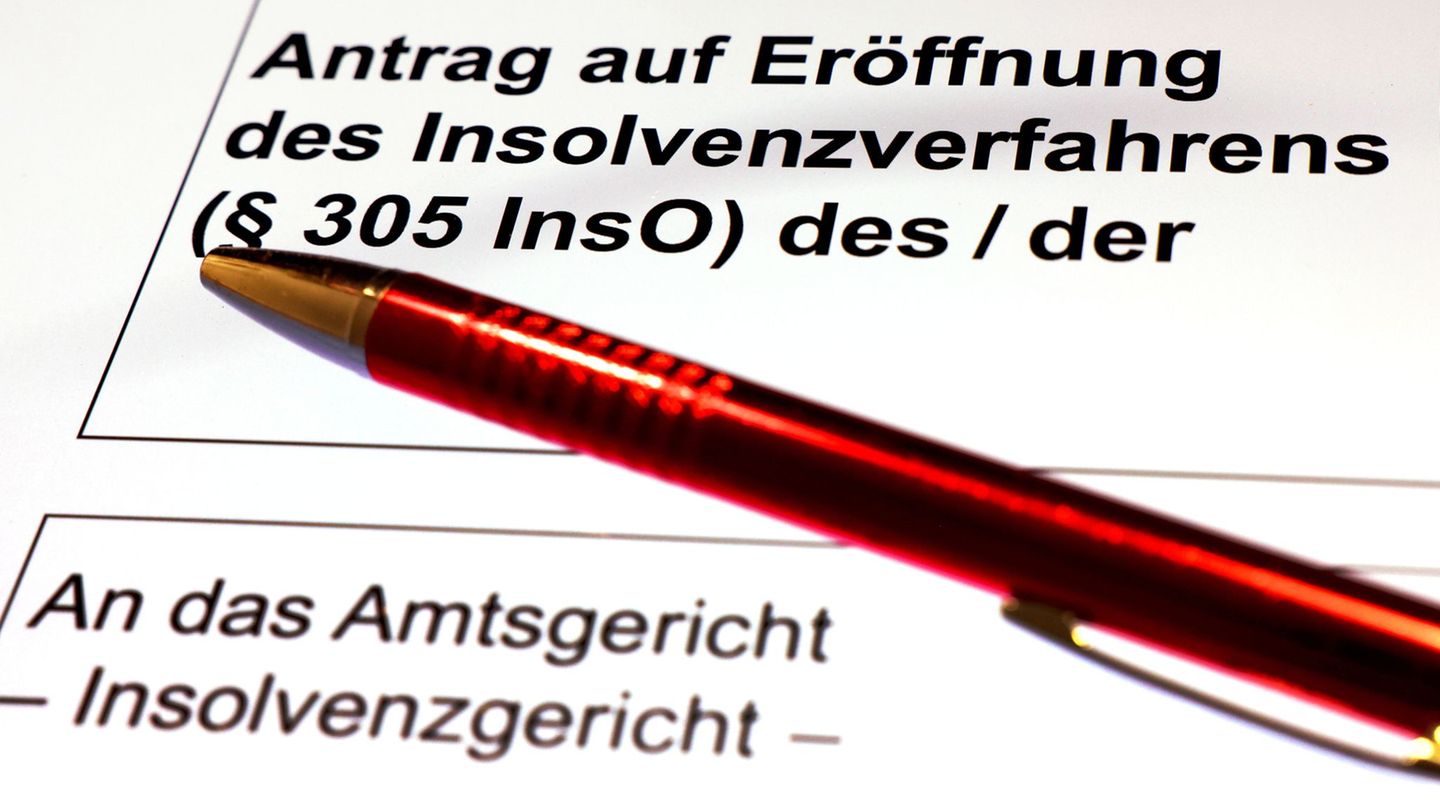Thyssenkrupp boss Merz finally sees light in the restructuring of her company and speaks of a “recognizable trend reversal”. This should already be reflected in the figures in the current financial year.
The industrial and steel group Thyssenkrupp has bottomed out and closed the past fiscal year with a significant improvement in sales and earnings.
“After a good two years of intensive transformation, we can say today: the trend reversal is recognizable, things are going in the right direction at Thyssenkrupp,” said CEO Martina Merz in Essen. Nevertheless, major challenges remained, mainly due to the semiconductor shortage and the corona pandemic.
The 58-year-old mechanical engineer has high hopes for a “green transformation” of the group. “With our approaches to green steel production alone, we can make a significant contribution to reducing climate-damaging emissions.” When it comes to the topics of renewable energy generation, electromobility and climate-neutral hydrogen, they are very well positioned, she emphasized. Thyssenkrupp, for example, is the world market leader in slewing bearings that are used in wind turbines.
One also plays an important role with hydrogen. Merz expects a large growth market for sustainably generated hydrogen in the next few years. With technologies for water electrolysis and the production of “green” chemicals, Thyssenkrupp is very well placed to benefit from the expected boom. There are only a few suppliers worldwide who can already produce hydrogen on a large scale today.
In this context, Merz announced that it intends to list the Uhde Chlorine Engineers (UCE) joint venture on the stock exchange next spring. The technology company specializes in the construction of large electrolysis plants, for example for the production of hydrogen from water with the help of renewable energies. “In any case,” Thyssenkrupp wanted to keep the majority in the business, she emphasized. The company currently holds two thirds of the shares. The partner company is the Italian company De Nora.
“The state of North Rhine-Westphalia can count itself lucky to have one of the leading manufacturers of water electrolysis in the state,” said Merz. There is no intention to move the company headquarters from Dortmund.
In the 2020/21 financial year, which ended at the end of September, the general market recovery with increased demand resulted in increasing sales and improvements in all segments. The adjusted operating profit (EBIT) was almost 800 million euros after a minus of almost 1.8 billion euros in the previous year, which was weak due to the corona. The bottom line was a minus of 19 million euros – after a loss of 5.5 billion euros in the previous year. There should be no dividend for the third time in a row. In 20/21 sales improved by 18 percent to 34.0 billion euros.
In the current financial year 2021/22, the long-established company expects an annual surplus of at least one billion euros. This would be the highest surplus since the 2007/08 financial year. The goal is to be able to pay out a dividend again, said Merz. Thyssenkrupp last paid a dividend of 15 cents per share in fiscal year 2017/18. Sales should grow in the mid-single-digit percentage range.
The company also commented on the downsizing. “Of the more than 12,000 jobs announced by fiscal year 2023/2024, Thyssenkrupp has cut around 7800 jobs in a socially responsible manner in the past two fiscal years,” said Oliver Burkhard, Chief Human Resources Officer. At the end of September the company had around 101,000 full-time positions.
Investors viewed the news positively. On the stock exchange, Thyssenkrupp shares were at times over six percent above the previous day’s value.
The latest company news was also noted by the North Rhine-Westphalian IG Metall. “The turnaround must now prove to be sustainable. It is now important to set up Thyssenkrupp in such a way that the company remains in stable waters even if the economy deteriorates, ”said District Manager Knut Giesler.
The downsizing without redundancies is a good solution for the people affected. “That would not have been possible without our employment protection agreements.” Nevertheless, it remains: “There are jobs that are also lacking in North Rhine-Westphalia.”
Source From: Stern
Jane Stock is a technology author, who has written for 24 Hours World. She writes about the latest in technology news and trends, and is always on the lookout for new and innovative ways to improve his audience’s experience.




